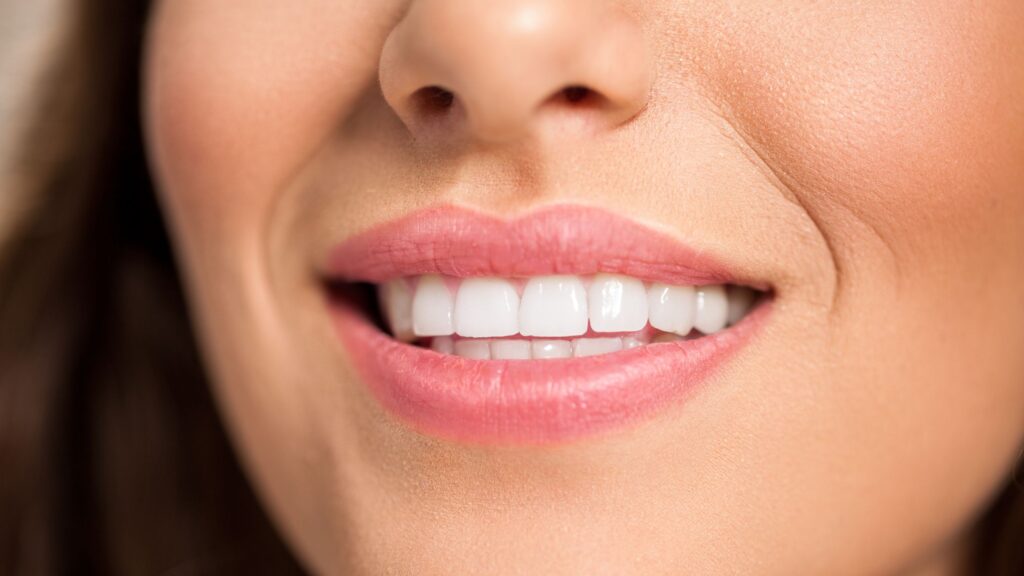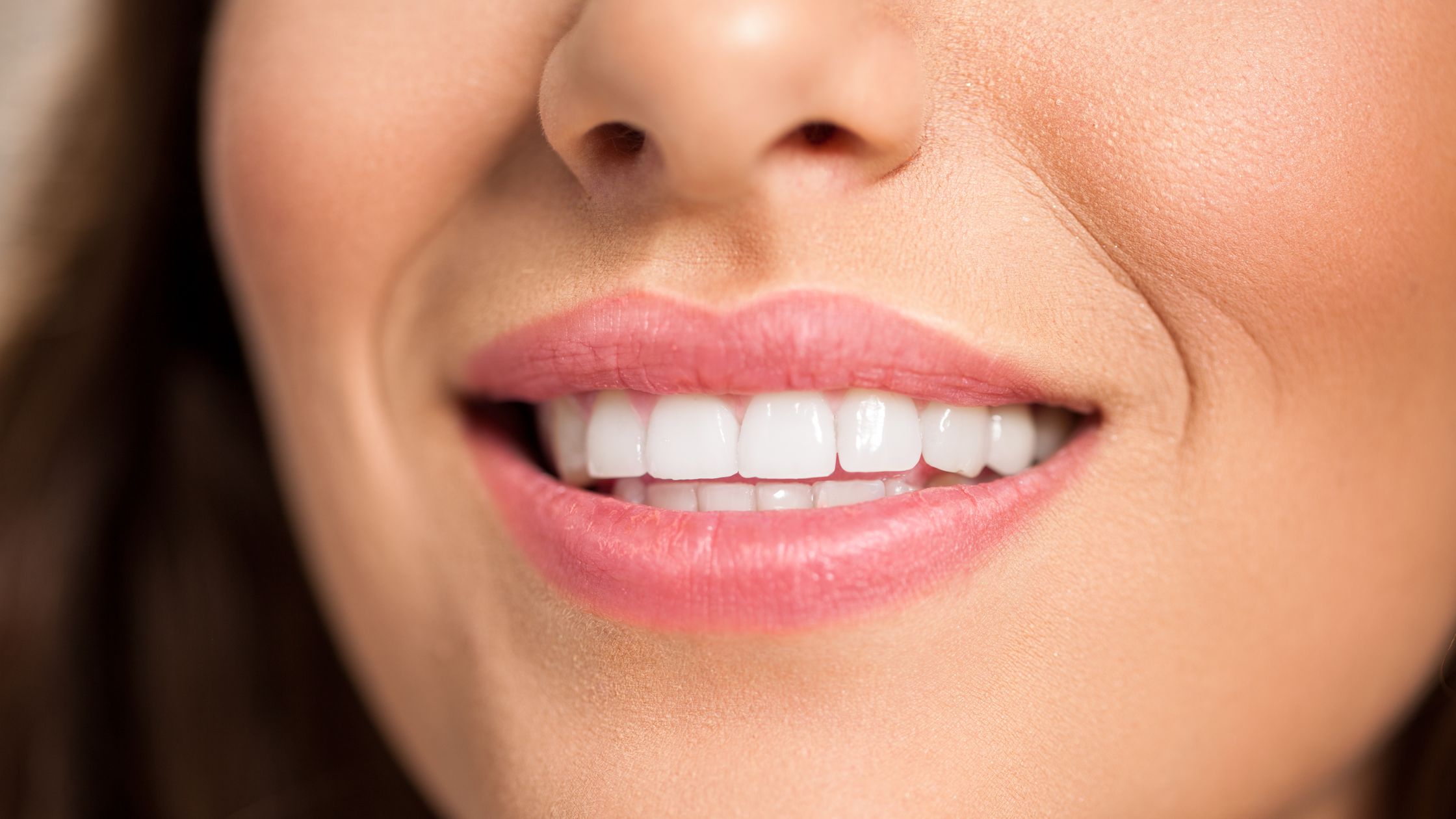Emergency Dental Care: When to See a Dentist Immediately

Emergency Dental Care: When to See a Dentist Immediately at Friendly Dental
Dental emergencies can happen when you least expect them. Whether it’s a sudden toothache, a broken tooth, or an accident that results in oral trauma, knowing when to seek emergency dental care can save your smile—and your health. At Friendly Dental, we’re here to help you understand what qualifies as a dental emergency and when it’s crucial to visit the best dentist in Aberdeen, NJ, right away.
What is a Dental Emergency?
A dental emergency is any issue involving the teeth, gums, or jaw that requires immediate attention to alleviate pain, stop bleeding, or save a tooth. These emergencies can arise from trauma, infection, or other underlying dental problems. Ignoring them may lead to serious complications, including tooth loss or infections that spread to other parts of the body.
Common Dental Emergencies
Understanding what constitutes a dental emergency can help you act quickly and appropriately. Here are some of the most common dental emergencies we treat at Friendly Dental:
1. Severe Toothache
Persistent or throbbing pain in a tooth can signal an infection or abscess. If the pain is intense and doesn’t subside with over-the-counter medication, it’s time to see a dentist immediately. This type of pain could mean there’s decay, a cracked tooth, or a problem deep within the root.
2. Knocked-Out Tooth
If a tooth gets knocked out due to injury or accident, time is critical. Try to place the tooth back in its socket or keep it moist in milk or saliva, and see a dentist within an hour. The sooner you act, the better the chances of saving the tooth.
3. Cracked or Broken Tooth
A cracked or broken tooth can expose the inner pulp and cause extreme sensitivity or pain. Depending on the severity, it may require bonding, a crown, or even a root canal. Immediate care helps prevent infection and further damage.
4. Swollen or Bleeding Gums
While occasional gum irritation may not be urgent, continuous bleeding, swelling, or signs of infection need prompt attention. These symptoms may indicate advanced gum disease or an abscess.
5. Abscessed Tooth
An abscess is a pocket of pus caused by a bacterial infection. It can lead to fever, swelling, and even life-threatening complications if the infection spreads. Symptoms may include facial swelling, a bad taste in the mouth, or a pimple-like bump on the gum. This condition requires urgent dental treatment.
6. Lost Filling or Crown
Losing a dental restoration may not seem like a major issue, but it leaves your tooth vulnerable to further decay and sensitivity. If this happens, contact the best dentist in Aberdeen, NJ, to have it repaired or replaced quickly.
What to Do in a Dental Emergency
Knowing how to respond in a dental emergency can make a big difference:
Toothache: Rinse your mouth with warm water and use dental floss to remove any food particles. Avoid placing aspirin on the gum.
Knocked-out tooth: Handle the tooth by the crown, not the root. Rinse gently and try to reinsert it or store it in milk.
Broken tooth: Rinse with warm water, apply a cold compress to reduce swelling, and save any broken pieces.
Abscess: Rinse with salt water to draw out pus and ease pain, but see a dentist as soon as possible.
Why Choose Friendly Dental?
At Friendly Dental, we prioritize emergency care to ensure our patients receive the attention they need without delay. Whether it’s day or night, we’re ready to assist you during dental emergencies. Our experienced team uses advanced diagnostic tools and treatments to relieve pain, treat infections, and restore your dental health.
As the best dentist in Aberdeen, NJ, we are committed to compassionate care and quick, effective solutions during dental emergencies. Our modern facility and friendly team help you feel comfortable—even during the most stressful situations.
Preventing Dental Emergencies
While not all dental emergencies can be prevented, you can reduce your risk by:
Visiting the dentist regularly for checkups and cleanings
Using a mouthguard during sports
Avoiding chewing on hard foods like ice or popcorn kernels
Maintaining good oral hygiene habits at home
Contact Us Immediately for Emergency Dental Care
Dental emergencies can be frightening, but you don’t have to face them alone. If you’re experiencing any signs of a dental emergency, contact Friendly Dental right away. Our team is here to provide immediate, expert care to relieve your pain and protect your smile.
Call Friendly Dental today—the best dentist in Aberdeen, NJ—for emergency dental services when you need them most.



